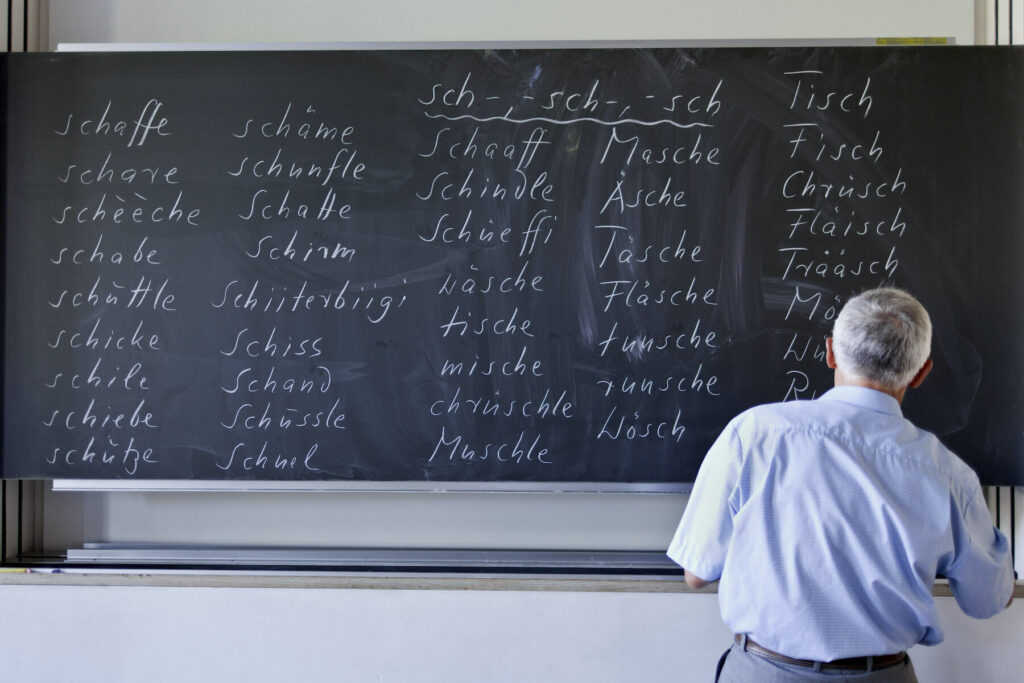Vie, May 5th 2023

Swiss lawmakers this week decided that speeches in Parliament can no longer be delivered in Swiss-German – the local dialect that about 65% of the nation speaks.
To outsiders, the melting pot of Swiss languages and cultures can be confusing. Switzerland has four official languages: High German (as in the German spoken in Germany) which about 63% of the population speaks, French (23%), Italian (8%) and Romansch(0.5%). High German is so different from Swiss-German that even native German speakers find it difficult to comprehend.
Meanwhile Swiss-German, which is a collection of local dialects, is most widely spoken but not considered an official language. Swiss-German, or Schweizerdeutsch, is spoken in daily life and social settings, while German is used in the classroom, court and during news broadcasts. Swiss-German in not a written language, therefore it is difficult to standardize.
During the Parliamentary vote this week, 164 politicians in the House of Representatives voted to ban Swiss-German during debates and speeches; 20 voted to keep Swiss-German.
Swiss-German and High German are spoken in regional parliaments in cantons such as Aargau, Basel, Solothurn and Schwyz.

Swiss-German is experiencing a renaissance among younger speakers who are making various moves to protect the dialect. Young Swiss are using Swiss-German on social media and some are even asking for it to be taught in schools in other parts of Switzerland so that citizens can connect with other Swiss. There is also a movement to textualize, or make Swiss-German into a written language, so that it can be preserved.
Read more: Should Swiss-German be taught in Swiss-French schools?
Lukas Reimann, a politician from the right-wing Swiss People’s Party (SVP), recently launched a campaign to save Swiss-German, which he says is a symbol of Swiss identity, diversity, and pride. He is urging his Parliamentary colleagues to value Swiss-German.
Swiss parliamentarians argue that as Swiss-German is not a written language, continuing to use it in speeches (that are documented in writing) could prove to be complicated.
In addition, there are some great regional differences between Swiss-German dialects which could be confusing for interpreters, as they would have to master each dialect.
Centrist politician Philip Bregy proved this point by giving a speech in a Swiss-German dialect from the upper Valais region, saying “We wouldn’t be able to function. We need a common language. The French-speaking region has their local patois, but they speak in French.”
Este artículo puede compartirse y reimprimirse libremente, siempre que se incluya un enlace al artículo original.
